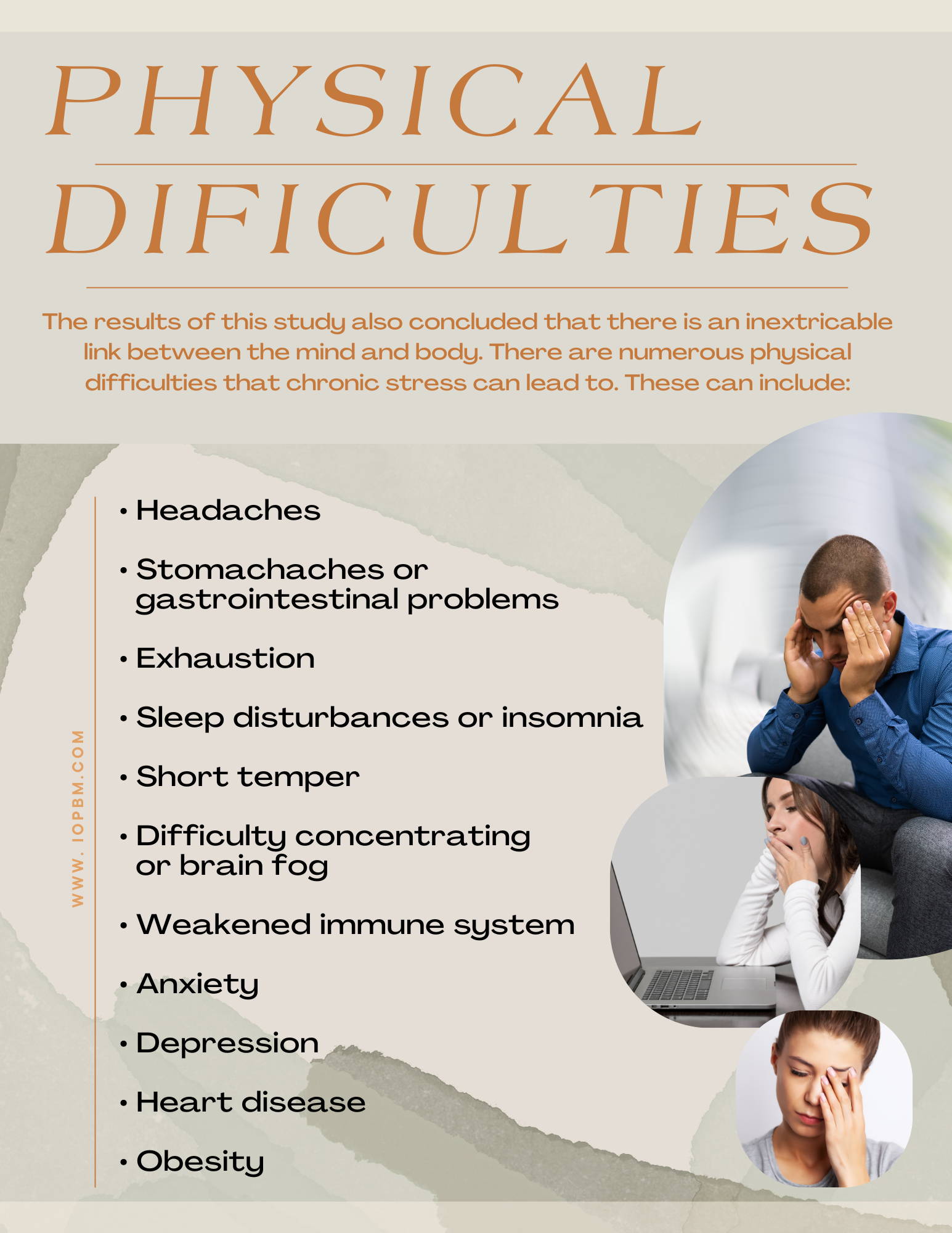No Products in the Cart
Even if you love what you do, every job can have stressful elements! Stress can increase alertness and performance when it is manageable, however when work stress becomes chronic, it can be overwhelming as well as harmful to both emotional and physical health. A study conducted by the American Psychological Association found that work is consistently cited as a significant source of stress by the majority of Americans. The results of this study also concluded that there is an inextricable link between the mind and body.
Written by:
CHARLOTTE VAN NOPPEN,
M.ED

Overeating or undereating
Not eating a balanced diet
Smoking cigarettes
Abusing drugs and alcohol
Those who experience excessive stress often indulge in unhealthy behaviors, which can compound the problem.
The goal is not to ever experience stress. The goal is to create healthy habits in order to relieve symptoms of work stress. Recovering from stress requires both the knowledge of what works for you and the practice of actually doing it! Interestingly, when our bodies and minds most need to reset and recover, we are the least likely to do something about it. During stressful times, we are less able to take care of our basic needs, such as providing our bodies with proper nutrition, hydration, and sleep, making it that much harder to combat stress. Our society celebrates hard work and so there may be pressure to push through and against our bodies signals that it is time for us to rest, leading to burnout. There are many ways in which we can practice managing work-related stress in our lives. Here are a few recommendations to get started:
• Keep a journal to identify which situations created stress and how you responded. Try to identify details such as the environment it took place in, the people involved, and your thoughts and feelings at the time. This journal can help recognize your individual triggers.
• Make time for your favorite hobbies and activities by establishing a work-life balance. This might look like not checking emails after work hours.
• Try new techniques such as meditation, deep breathing, and mindfulness (refer to IOPBM’s article to get started with breathing exercises)
• Take micro-breaks during the work day by setting an alarm every couple of hours. Short breaks of about ten minutes throughout the day have been shown to be effective in recovering from work related stress. During these breaks, you can move your body, grab a nutritious snack, call a loved one, read, meditate, or any other activity that you find relaxing.
One of the most effective ways of managing stress in our lives is by dedicating time to talk to a mental health expert, who can help you change unhealthy behaviors. This can be a difficult step for some, and at the Institute of Plant Based Medicine, we are here to help make the process easier. Here at IOPBM, Dr. Matthew Goodman, Ph.D., a licensed clinical psychologist, and Dr. Whitney McFadden, MD, a psychiatrist and neuroscientists, are committed to helping individuals make positive behavioral changes, assisting in building an individualized toolbox of stress-reduction skills, and developing a deeper understanding of the mind-body connection. Make an appointment with one of our doctors for an individual or group session to get started on your wellness journey!
References:
https://www.apa.org/topics/healthy-workplaces/work-stress
https://hbr.org/2022/07/how-to-recover-from-work-stress-according-to-science